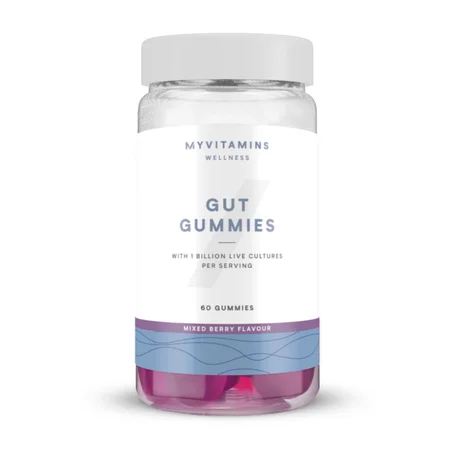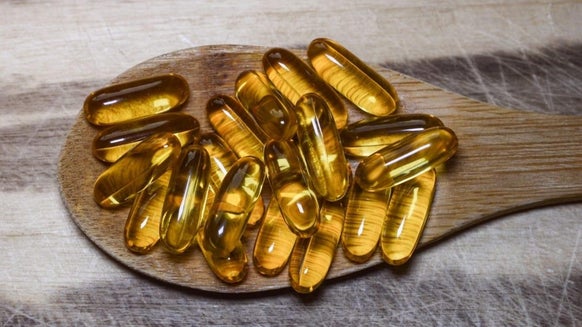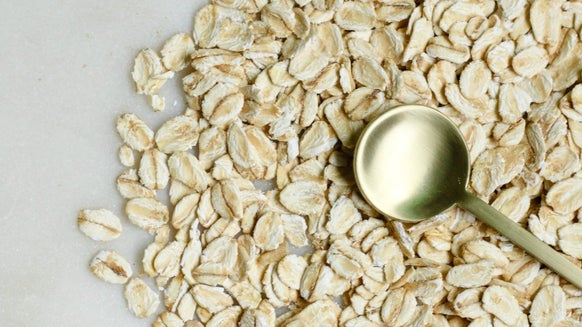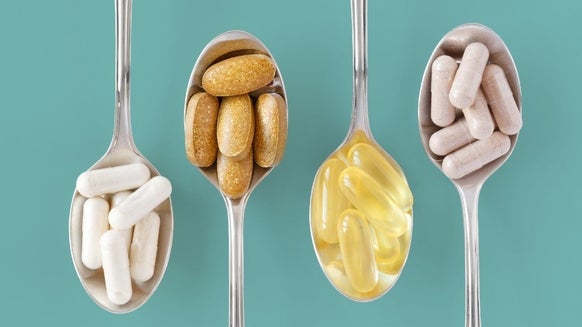The 7 Best Probiotic Foods

Probiotics are living organisms in your gut that help keep it healthy. In recent years, gut health has been linked to a few important
If you’re wanting to boost the bacterial profile of your gut, there are a few different supplements you can take. These usually include a range of different strains of probiotics. However, there are also a number of food sources that contain probiotics and including probiotic rich foods in your diet will help keep your gut healthy.

What probiotics are there?
Probiotics are a type of healthy bacteria. Although bacteria are typically thought of something we should avoid, probiotics are the good type, they help maintain a healthy bacterial profile in your gut.
Whilst there are a few different strands of bacteria, some of the most common are:
Bifidobacterium e Lactobacillus Saccharomyces boulardii, which is a type of yeast
Foods most likely to contain probiotics are those that have been through a fermentation process. A lot of probiotics will be destroyed in the food manufacturing process so most probiotic rich foods will be found in the fridge.
Probiotic Foods
1. Yoghurt
A good source of protein and calcium, yogurt is made from fermented milk and contains probiotics to help keep the balance of your gut bacteria.
The main strains of probiotic in yogurt are lactic acid bacteria such as
2. Kombucha
Whilst there have been some animal studies reinforcing the positive effects of Kombucha,
3. Kefir
The most commonly found bacteria in kefir are
4. Kimchi
Kimchi is a traditional Korean dish typically made up of fermented vegetables such as cabbage and radish. It has similar health benefits to yoghurt and other dairy probiotic foods.
With kimchi being made up predominantly of cruciferous vegetables and other functional health foods like garlic and ginger it can definitely be considered a healthy addition to your diet. The main probiotics in kimchi are lactic acid bacteria. Kimchi has been associated with a few different health benefits, including immune promotion and skin health
5. Miso
Miso is a traditional Japanese paste made from fermented soybean. Miso is usually
Miso has been shown to contain
6. Tempeh
The Japanese product tempeh is another probiotic food, made from fermented soy beans. The protein from the soybeans means tempeh can be a good meat alternative for vegetarians and vegans and is also a good source healthy monounsaturated and polyunsaturated fats.
Consumption of tempeh has been shown to increase levels of Bifidobacterium and Escherichia coli i
7. Sauerkraut
Sauerkraut is made up of fermented cabbage and is full of healthy vitamins such as A, B, C and K.
The main probiotic species in sauerkraut are
Take Home Message
Probiotics are important for maintaining a healthy gut which has numerous positive effects on overall health. Although you can get probiotics as a supplement for quick and easy access, including a wide range of probiotic rich foods in your diet will help keep your gut and overall health in check.

Liam is a certified sport nutritionist with the International Society of Sport Nutrition and is enrolled on the British Dietetics Association’s Sport and Exercise Nutrition register. He has a Bachelor’s of Science in Sport and Exercise Science and is graduate of the ISSN Diploma in Applied Sport and Exercise Nutrition.
Liam is an experienced personal trainer, helping clients reach their health and fitness goals with practical, evidence informed exercise and nutrition advice. In his spare time Liam has competed in numerous powerlifting competitions and enjoys hill walking, football and expanding his recipe repertoire in the kitchen.Find out more about Liam's experience here.
- Jäger, R., Mohr, A.E., Carpenter, K.C. et al. International Society of Sports Nutrition Position Stand: Probiotics. J Int Soc Sports Nutr 16, 62 (2019). https://doi.org/10.1186/s12970-019-0329-0
- Adolfsson, O., Meydani, S. and Russell, R., 2004. Yogurt and gut function. The American Journal of Clinical Nutrition, 80(2), pp.245-256.
- Dimidi E, Cox SR, Rossi M, Whelan K. Fermented Foods: Definitions and Characteristics, Impact on the Gut Microbiota and Effects on Gastrointestinal Health and Disease. Nutrients. 2019;11(8):1806. Published 2019 Aug 5. doi:10.3390/nu11081806
- Bourrie BC, Willing BP, Cotter PD. The Microbiota and Health Promoting Characteristics of the Fermented Beverage Kefir. Front Microbiol. 2016;7:647. Published 2016 May 4. doi:10.3389/fmicb.2016.00647
- Park KY, Jeong JK, Lee YE, Daily JW 3rd. Health benefits of kimchi (Korean fermented vegetables) as a probiotic food. J Med Food. 2014 Jan;17(1):6-20. doi: 10.1089/jmf.2013.3083. PMID: 24456350.
- Kuligowski M, Jasińska-Kuligowska I, Nowak J. Evaluation of bean and soy tempeh influence on intestinal bacteria and estimation of antibacterial properties of bean tempeh. Pol J Microbiol. 2013;62(2):189-94. PMID: 24053022.
- Raak C, Ostermann T, Boehm K, Molsberger F. Regular consumption of sauerkraut and its effect on human health: a bibliometric analysis. Glob Adv Health Med. 2014;3(6):12-18. doi:10.7453/gahmj.2014.038










